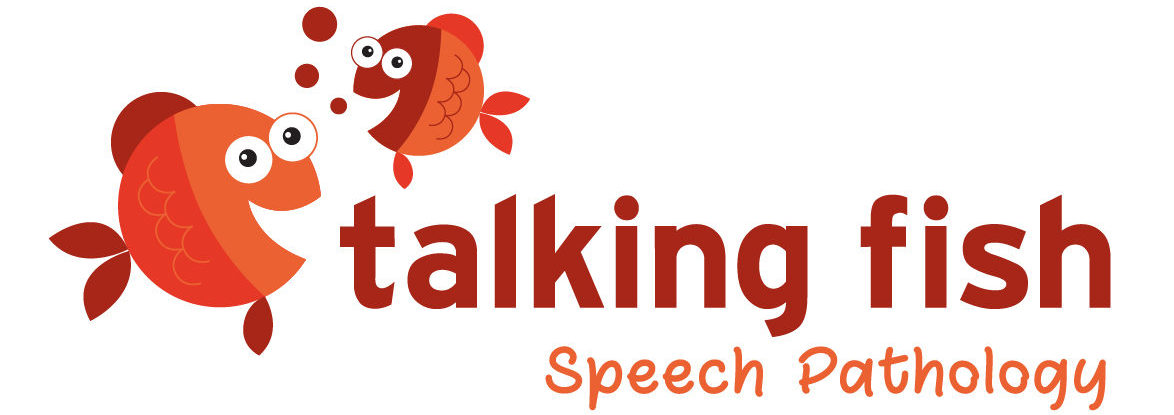You have just finished your speech pathology degree – congratulations!
If you want to work in private practice, you will need to join Speech Pathology Australia and register for Provisional Certification so that your clients will be eligible for rebates and funding under Medicare and National Disability Insurance Scheme (NDIS), among other funding schemes. Once you have your certification, you can use the postnominals ‘CPSP’ which stands for Certified Practicing Speech Pathologist.
Speech Pathology Australia has lots of information about the requirements for certification and here at Talking Fish we have read it thoroughly and created a plan to get our new graduate speech pathologists up to standard and feeling confident within their first three months of working with us. From there, it is simply practice, practice, practice (and follow your professional development plan)!

Week 1: Orientation
- we start with the usual paperwork, getting familiar with resources and technology
- 2 clients per day, there will likely be time to observe other therapists with their clients throughout the week as well
- formal meetings with supervisor on Monday and Friday to get ready for the week and to debrief at the end. Everyone at Talking Fish does a ‘Weekly Wrap-Up’ to summarise their achievements and learnings for the week.
Week 2: Planning
- this week we create a professional development plan. Everyone at Talking Fish Therapies has one of these and we regularly refer back to them
- begin the Speech Pathology Australia Ethics module. This is one of the requirements for certification
- 2 clients per day plus observation of other clinicians
- formal meetings with supervisor on Monday and Friday to get ready for the week and to debrief at the end
Week 3: Ethics
- complete the SPA ethics module. This is a 6 hour module so we allow 2 weeks for it to be completed
- 3 clients per day plus observation if time allows
- formal meetings with supervisor on Monday and Friday to get ready for the week and to debrief at the end
by the end of this week you will have completed one of the requirements for certification: completion of the ethics training.
Week 4: Cultural learning
- a Speech Pathology Australia module on Aboriginal and Torres Strait Islander culture is required this week. This is not a requirement for your initial certification but it is very important to the Talking Fish team so we have included it here, early in the new graduate program
- 3 clients per day plus observation if time allows
- formal meetings with supervisor on Monday and Friday to get ready for the week and to debrief at the end
Week 5: Evidence Based Practice
- Speech Pathology Australia’s Evidence Based Practice module 1
- 3 clients per day plus observation if time allows
- formal meetings with supervisor on Monday and Friday to get ready for the week and to debrief at the end
Week 6: Evidence Based Practice
- Speech Pathology Australia’s Evidence Based Practice module 2
- 3 clients per day plus observation if time allows
- formal meetings with supervisor on Monday and Friday to get ready for the week and to debrief at the end
by the end of this week you will have completed two more requirements for certification: completion of EBP training and 12 hours of individual supervision
Week 7-12: Practice, practice, practice
- 4 clients per day
- weekly formal meetings with your supervisor to continue to improve your practice
by the end of this period you will have completed the final requirement for certification: 200 speech pathology practice hours
From here, everyone’s journey is different. At Talking Fish Therapies we recommend training in DIR Floortime early in your career but this may not be appropriate for everyone, depending on their caseload. This is why a well thought out Professional Development Plan is important and should be referred to often.
If you would like to join us for your new grad year and beyond we would love to hear from you!
